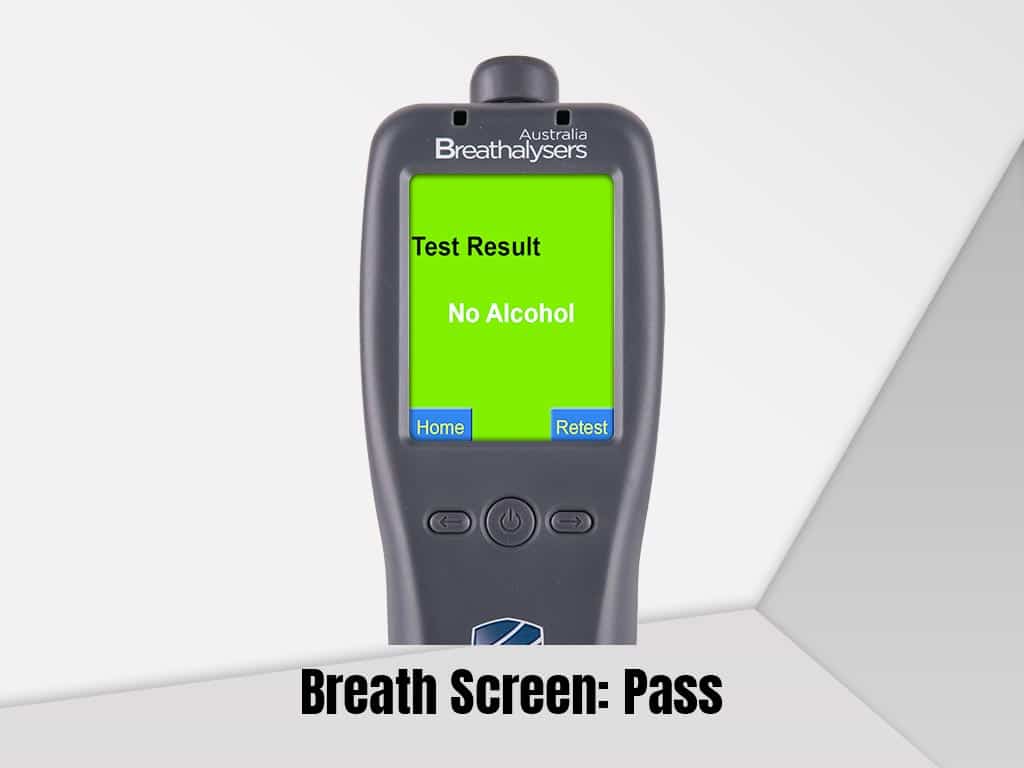Workplace Drug And Alcohol Policy NZ – How To Implement An Effective One
04 September, 2023

Implementing an effective workplace drug and alcohol policy in NZ is crucial for ensuring a safe work environment. This policy plays a vital role in protecting employees’ well-being, minimising accidents and injuries, and preserving the organisation’s reputation. By clearly outlining expectations, procedures, and consequences related to substance use, employers can foster a culture of safety and responsibility. Furthermore, consistent training, testing, and support programs reinforce the importance of a drug and alcohol-free workplace.
Drug and alcohol use in the workplace can pose significant dangers and risks for both employees and employers. The impairment caused by these substances can lead to decreased productivity, increased accidents, and a higher likelihood of errors. It also creates an unsafe working environment for everyone involved. This article will present how to implement an effective workplace drug and alcohol policy. It will cover the policy’s uses, considerations, and the types of tests to be included.
Overview Of Workplace Drug And Alcohol Policy in NZ
The workplace drug and alcohol policy in NZ outlines employee expectations concerning drug and alcohol use. This policy aims to establish a secure and productive work environment, reducing safety risks linked to substance abuse. Employers hold the responsibility to reasonably ensure the health and safety of all employees.
Additionally, the policy incorporates clauses for conducting alcohol and drug testing, aimed at identifying and discouraging the usage of illicit substances. Testing methods may include urine, saliva, blood, hair, or breath tests. These procedures adhere to safety regulations and corporate policies. However, non-negative results from drug tests may lead to disciplinary action, including the possibility of termination, depending on the circumstances.
Moreover, the policy may provide a framework for support and rehabilitation for employees who may be struggling with substance abuse. This includes providing access to health services and resources, such as counselling or employee assistance programs. The policy ensures that a fair process is followed, offering appropriate assistance to employees on the path to recovery.
Purpose Of The Policy
- Promoting workplace safety: minimises the likelihood of accidents, injuries, and safety incidents caused by impaired judgment and reduced alertness.
- Protecting employees: safeguards the health and well-being of employees by discouraging substance abuse
- Enhancing productivity: helps to ensure that employees are focused, alert, and performing at their best, thereby maximising productivity and efficiency.
- Complying with legal requirements: enables organisations to meet their legal obligations and comply with safety legislation.
- Promoting a positive work culture: creates a positive work environment, promoting professionalism, respect, and overall well-being.
- Ensuring fairness: ensures a fair and reasonable process for managing drug and alcohol-related issues.

Considerations When Implementing A Workplace Drug And Alcohol Policy in NZ
When implementing a workplace drug and alcohol policy in NZ, companies must consider the legal requirements. The Health and Safety at Work Act 2015 (HSWA) states that employers should ensure the health and safety of their employees. This includes providing a safe work environment free from the influence of drugs and alcohol. Hence, establishing a comprehensive policy becomes imperative to avoid legal liabilities.
Employers must also factor in a workplace’s specific needs and culture. Every workplace has uniqueness, including factors like the work’s nature, safety-sensitive roles, and prevalence of particular substances. A single approach may not effectively handle the distinct challenges and concerns in a specific workplace. Therefore, customising the policy to match the organisation’s specific needs and culture helps employers guarantee its effectiveness.
Moreover, effective drug and alcohol policies require employers to communicate clearly and educate their employees. Employers should convey the policy’s details to all staff, making sure they grasp the outcomes of policy breaches. Additionally, educational initiatives can enhance awareness regarding health and safety hazards linked to substance consumption.
Legality Of The Policy
Workplace drug and alcohol policies become essential for any organisation to uphold a secure and efficient work environment. According to the HSWA, businesses hold a legal responsibility for safeguarding their workers’ health and safety. This incorporates the management of risks connected to drugs and alcohol in the workplace.
Furthermore, this responsibility expands to encompass contractors, visitors, and all individuals who could be impacted by the business’s activities. To meet these legal obligations, employers must establish explicit and efficient drug and alcohol policies. Moreover, these policies ought to undergo consistent assessment and revision to mirror any alterations in safety regulations.

Types Of Tests To Be Included In Workplace Drug And Alcohol Policy in NZ
Workplace drug and alcohol policies in NZ help in minimising the influence of drugs and alcohol on workplace performance. Employers often implement various testing methods to identify any substance abuse issues among employees. Firstly, a blood test detects the presence of illicit drugs or prescription medications in the bloodstream. Secondly, a hair test analyses hair follicles for drug metabolites, providing a historical record of drug use.
Thirdly, a saliva test can be conducted to detect recent drug usage. It can identify the presence of drugs within a few hours or days. Fourthly, a urine test can identify recent drug use, providing accurate results. Lastly, an alcohol breath test is designed to measure the alcohol level in an individual’s breath.
These tests can take place in various scenarios as outlined in the policy. For instance, any employee might undergo random testing without advance notice. Additionally, pre-employment screening ensures that job candidates are not using substances. Similarly, post-accident testing determines if substance use contributed to an incident. Moreover, reasonable suspicion testing involves assessing any signs of impairment or erratic behaviour.
Can Employees Refuse A Test
Employees hold specific rights when faced with a drug and alcohol test refusal at work. Employers have the authority to establish and apply drug and alcohol policies for ensuring workplace safety. However, employees also retain the right to decline a test in specific situations. For instance, if there is not a valid and reasonable reason to test an employee, they maintain the right to refuse.
Employees who refuse a test without reasonable cause can face significant repercussions. This refusal might prompt disciplinary measures or even job termination. Therefore, it is essential for both employers and employees to understand their respective rights and responsibilities.
Conclusion
The implementation of an effective workplace drug and alcohol policy in NZ holds paramount importance for ensuring a secure and productive work environment. The policy should include clear employee expectations, alcohol and drug testing procedures, and provisions for support and rehabilitation. Additionally, employers must consider legal requirements, adapt policies to the workplace’s distinct needs, and communicate effectively to ensure compliance. Various testing methods, including blood, hair, saliva, and urine tests, are integral to enforcing the policy’s objectives.
Maintaining a secure work environment through well-defined drug and alcohol policies is a legal obligation for businesses under HSWA. This duty extends to all individuals affected by the organisation’s activities. Moreover, while employees have the right to decline tests in certain circumstances, a refusal without valid cause can lead to serious consequences. These include disciplinary actions or job loss. Therefore, a clear comprehension of rights and responsibilities is crucial for harmonious workplace management.






























